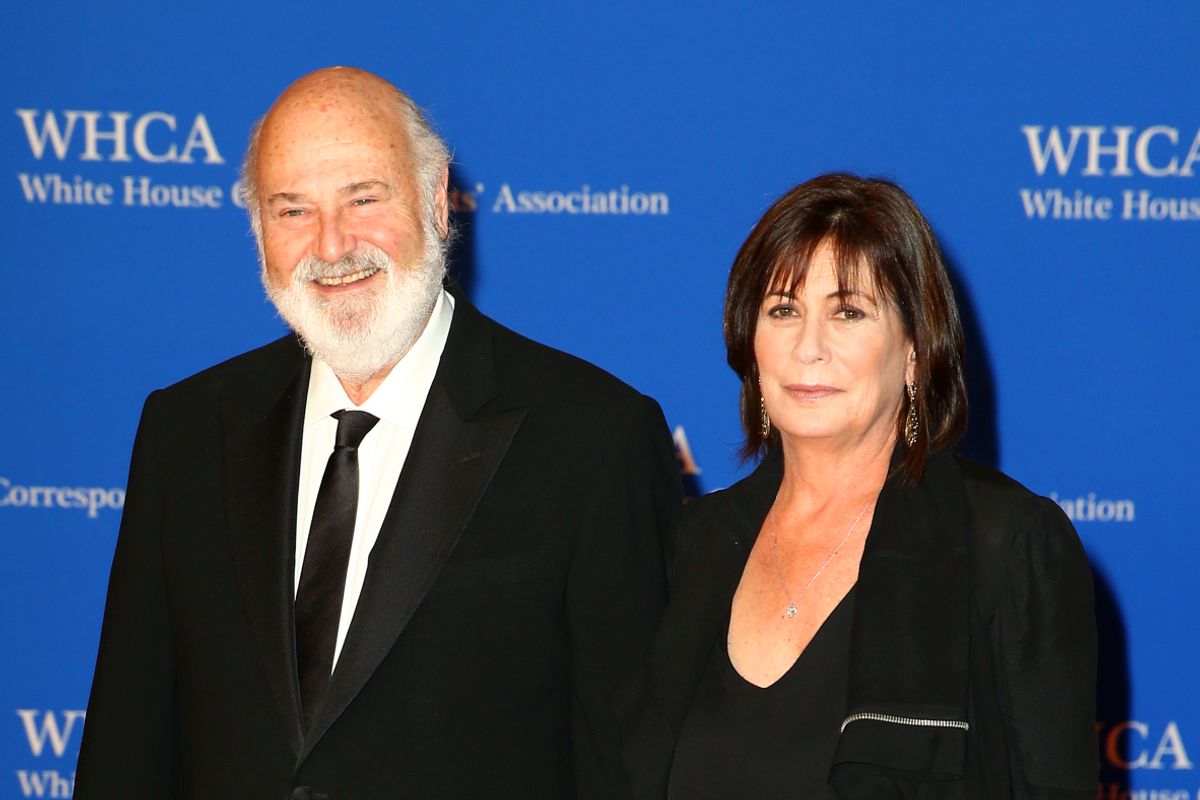
Think frozen food is worse for you than fresh, or that salt in your diet is bad? David Chan, assistant professor of medicine at Stanford, explains that many of the health doctrines we hold to be true are actually outdated...
1. The long standing advice to avoid saturated fats and eat more carbs is wrong
Remember the food pyramid from the 1970s? They instructed Americans to ingest 6–11 servings of carbs daily. That ushered in the obesity epidemic because that kind of diet stimulates hunger by peaking blood sugar and then insulin levels to chase it, leading to weight gain and type 2 diabetes. Instead, we now know that ingesting saturated fat as part of our diet lowers hunger and reduces obesity.
We worried about ingesting cholesterol but our cholesterol level is primarily genetically controlled and based on what is made from our livers from ingested calories, not so much due to the amount of cholesterol we ingest.
2. The idea that every parent had that skimmed milk is better for kids than whole milk has recently been debunked
It turns out that kids who drink whole milk have lower obesity levels maybe because they are less hungry and eat less.
3. The recommendation that taking multi-vitamin supplements is good for us is wrong
The large bulk of studies show that taking multi-vitamins does not improve health with the exception for those with a specific illness such as macular degeneration or documented deficiency. The vitamin industry is big business, nearly completely unregulated, and we’re putting billions of dollars of worthless vitamins in our toilets in America. Taking a multi-vitamin is no substitute to eating a diet rich in fruits and vegetables, avoiding obesity, minimising alcohol and not smoking. Most vitamin studies show a higher cancer rate, not lower.
4. Salt in our diets/food is not bad for most of us
The idea to eat a low salt diet is one of the most poorly documented recommendations that the US Department of Agriculture promoted. It was based on the personal bias and faulty research of a cardiologist assigned to make a recommendation for the American Heart Association.
This week a meta-analysis of seven studies involving a total of 6,250 subjects in the American Journal of Hypertension found no strong evidence that cutting salt intake reduces the risk for heart attacks, strokes or death in people with normal or high blood pressure. In May European researchers publishing in the Journal of the American Medical Association reported that the less sodium that study subjects excreted in their urine—an excellent measure of prior consumption—the greater their risk was of dying from heart disease. These findings call into question the common wisdom that excess salt is bad for you, but the evidence linking salt to heart disease has always been tenuous.
5. It’s also not true that fresh fruit and vegetables are healthier for us than frozen
It turns out that prolonged shipping and shelf life at the supermarkets causes degredation of healthy nutrients. For all of us on a budget, that’s great news. Frozen may be healthier. Who knew?
This article was originally published on Quora













